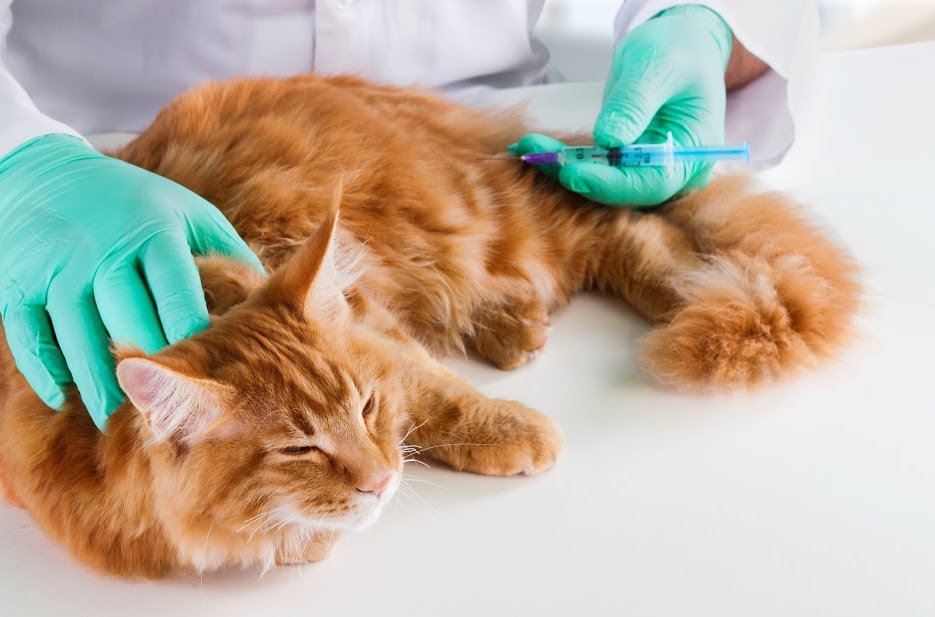do indoor cats need vaccinations
While living an indoor lifestyle is certainly safer overall than living outdoors and indoor living contributes to a longer life expectancy important infectious diseases can find indoor cats. Currently the recommendation for indooroutdoor cats is to administer the FVRCP vaccine annually.

Why It S Important To Vaccinate Indoor Cats American Pet Hospital Modesto Veterinarians
However your veterinarian will risk asses the cat and may opt out of vaccinating against conditions that require close contact to.
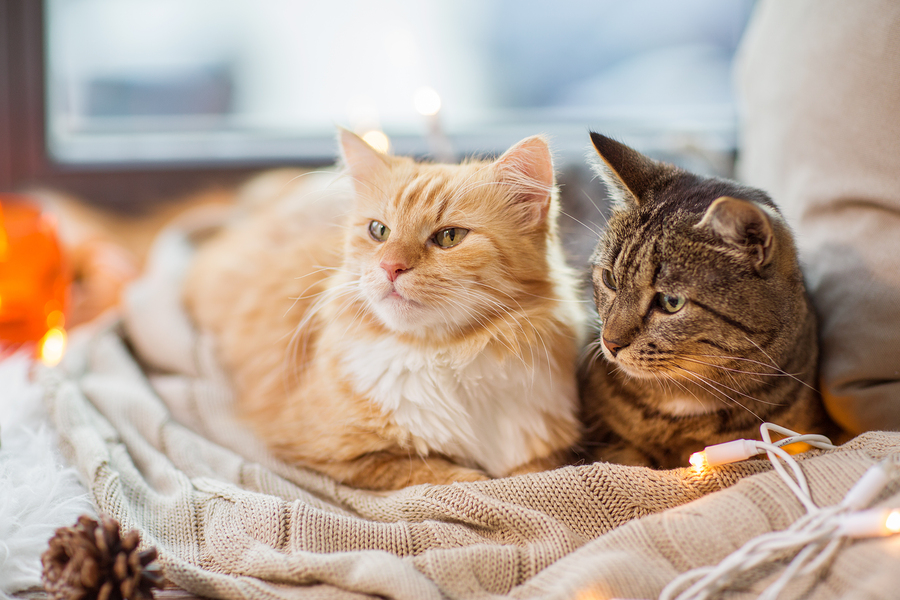
. Benefits and Risks Q. What shots do indoor cats need. For these reasons it is still recommended that a cat should have a vaccination within 12 months of entering a boarding facility and why almost all cat boarding facilities require cats to have received a vaccination booster within 12 months prior to admission to the facility.
Suggested Articles Feline Vaccines. Cats can slip out an open door before you know it. Your veterinarian is your best resource for figuring out the best vaccine routine for your feline family member but this chart will help you understand the basics.
The importance of feline vaccination is roughly. This is because FeLV only usually spreads between cats in close and regular contact but cat flu and panleukopaenia are very infectious and can spread on clothes shoes and other surfaces. If your cat lives exclusively indoors they will still need to be vaccinated against cat flu and panleukopenia but may not need the FeLV vaccine.
Cat vaccination frequency varies depending on the lifestyle of a cat and the vaccinations that they need. That answer is no. If vaccinations are not kept up to date immunity may wane and indoor cats will not have protection if they do become exposed.
As modern vaccines have proven to be safe and effective against this common cancer Id suggest you have your cat checked for feline leukemia she could have been infected in utero or while nursing. The details of the vaccinations varies from state to state and often refers to the label of the specific vaccine used. Noncore Vaccines for Cats.
Rabies may also be required depending on where you live. The simplest answer is that rabies vaccines are required by law for all cats and dogs over the age of six months in New York state - and. The rabies vaccine and the combination vaccine FVRCPthis vaccine protects against Feline Viral Rhinotracheitis feline herpes Panleukopenia virus feline distemper and Calicivirus29 ene 2020.
Indoor cats may also pick up bacteria and viruses when they stay at a kennel and if you bring a new cat home. Your cat could accidentally get outdoors. Whether your cat is inside or outside they can still catch preventable diseases.
Keep in mind that vaccines dont offer total immunity from diseases. While there are certain mandatory or core vaccines for cats there are also noncore vaccines for different lifestyles or vaccines that are only recommended during the kitten years. My vet tells me that my indoor-only cat Izzy needs to be vaccinated for rabies.
Its important to vaccinate your indoor cat and keep up with their boosters as germs and other nasties can make their way into your home. Core vaccines include rabies and FVRCP feline herpes virus panleukopenia virus and calicivirus. And it is worth considering that although indoor cats may appear to be at less risk they are not getting natural exposure to bacteria and viruses which act as natural booster reminders to their immune system.
An indoor cat is at low risk but not no risk. There are two general groupings of vaccinations. Vaccines for Indoor Cats There are two primary vaccinations your indoor kitty will need to stay healthy throughout her life.
Why do indoor cats need vaccinations. Unfortunately its a common misconception that indoor cats dont need to be vaccinated because they wont encounter other cats or disease-carrying animals. Do indoor cats need vaccinating.
This is to help protect you and other people. The rabies prophylaxis eg. First depending on what state you live in its state law.
All cats that are outdoors in an enclosed yard and that do not wander off their owners property but could be exposed to rabid animals and to. Both scenarios pose the risk of potential exposure. Only a few of them might be due for vaccinations.
Cats heading into stressful situations such as boarding may benefit from a core vaccine booster 7-10 days before. It is a myth that cats who live indoors do not need to be vaccinated against infectious diseases. Post-exposure rabies vaccine for cats may vary depending on if your cat has a protective rabies vaccine and certificate.
Dont assume that your cat doesnt need at least some vaccines just because he doesnt go outside. Yes you should vaccinate your indoor cat. Even though your cat isnt going outside you still are.
I am happy to report that there is an easy answer to the related question of whether indoor cats need booster shots every year. In cats they are panleukopenia calicivirus rhinotracheitis herpesvirus and. The type and frequency of vaccines given after that point varies considerably depending on a cats lifestyle and where you live.
Check with your cats veterinary office to see exactly which of your cats are due for vaccinations and see if you need vaccines for indoor cats. In dogs the core vaccines are distemper parvovirus hepatitis and rabies. First your cat should not need booster vaccinations except for the mandatory anti-rabies shot and the protocol is never to vaccinate an.
So why does your indoor cat need a rabies vaccine. For indoor-only cats the recommendation is to administer the vaccine every three years. If cats dont run the risk of encountering disease why do they need core vaccines or titers every three years.
No need to vaccinate cats every year with the core vaccine flu and panleukopenia although the WSAVA recommendations are that high-risk cats benefit from an annual flu booster. Keep in mind that during the vaccination visit your cat is also receiving a good physical examination and this is necessary to keep cats healthy. If your cat is truly 100 indoors and does not have contact with indoor-outdoor cats the current recommendation is to continue to receive boosters for panleukopenia feline herpes type 1 calicivirus every 3 years as.
Assuming Piper tests negative have her vaccinated even if her chances of exposure seem low. We live in an apartment in New York City and Izzy is never outside so why does she need a rabies vaccine. Here are half-dozen good reasons your veterinarian wants you to keep your cat up-to-date on her vaccinations.
According to the American Association of Feline Practitioners AAFP the core vaccines those that are recommended for ALL cats are feline panleukopenia virus FPV feline herpesvirus-1 FHV-1 and feline calicivirus FCV as. Vaccines are an important part of keeping your cat healthy. Most states have laws regarding the vaccination of pet animals dogs cats and ferrets as well as other domestic animals.
Lastly vaccinating your cat indoor or outside may be required by law. 6 Reasons to Vaccinate.

Pin On Cats Are My Big Love Too

Do Indoor Cats Need Rabies Vaccinations The Honest Kitchen Blog

7 Unique Cat Behaviors Explained Cat Behavior Cat Stretching Indoor Cat

What Vaccines Do Indoor Cats Need Nasa Pet Hospital
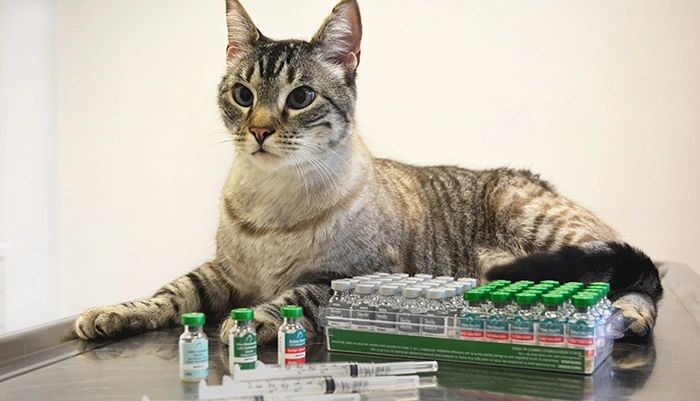
Why Does My Indoor Cat Need To Be Vaccinated
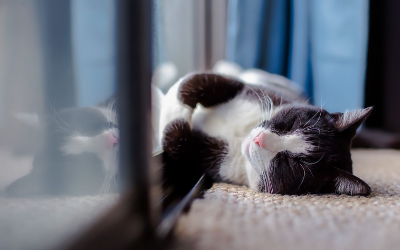
Indoor Cats And Infectious Disease Vca Animal Hospitals

Why Your Indoor Cat May Need Vaccinations Fear Free Happy Homes
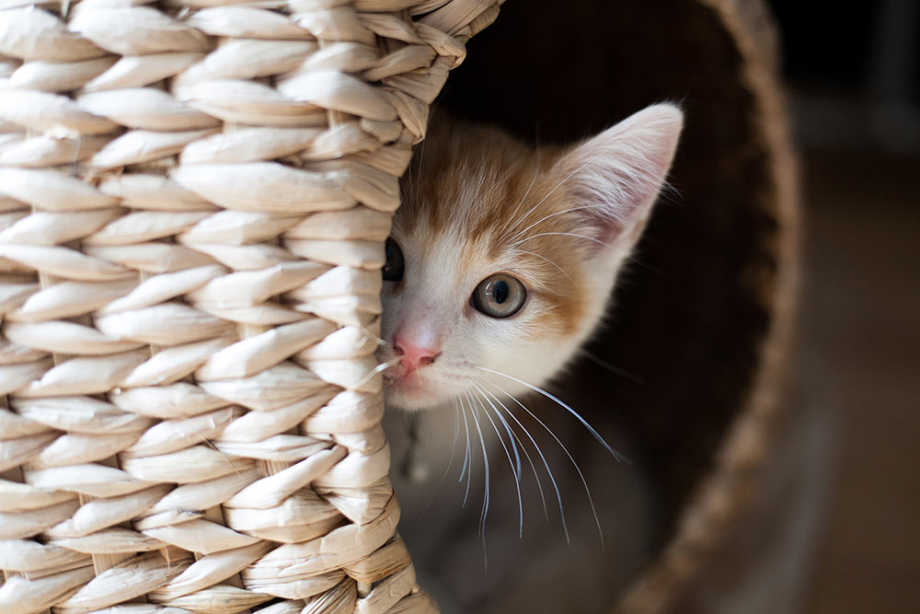
Managing Anxiety In Cats Small Door Veterinary

Check Out This Detailed And Unbiased Review Of Merrick Backcountry Cat Food
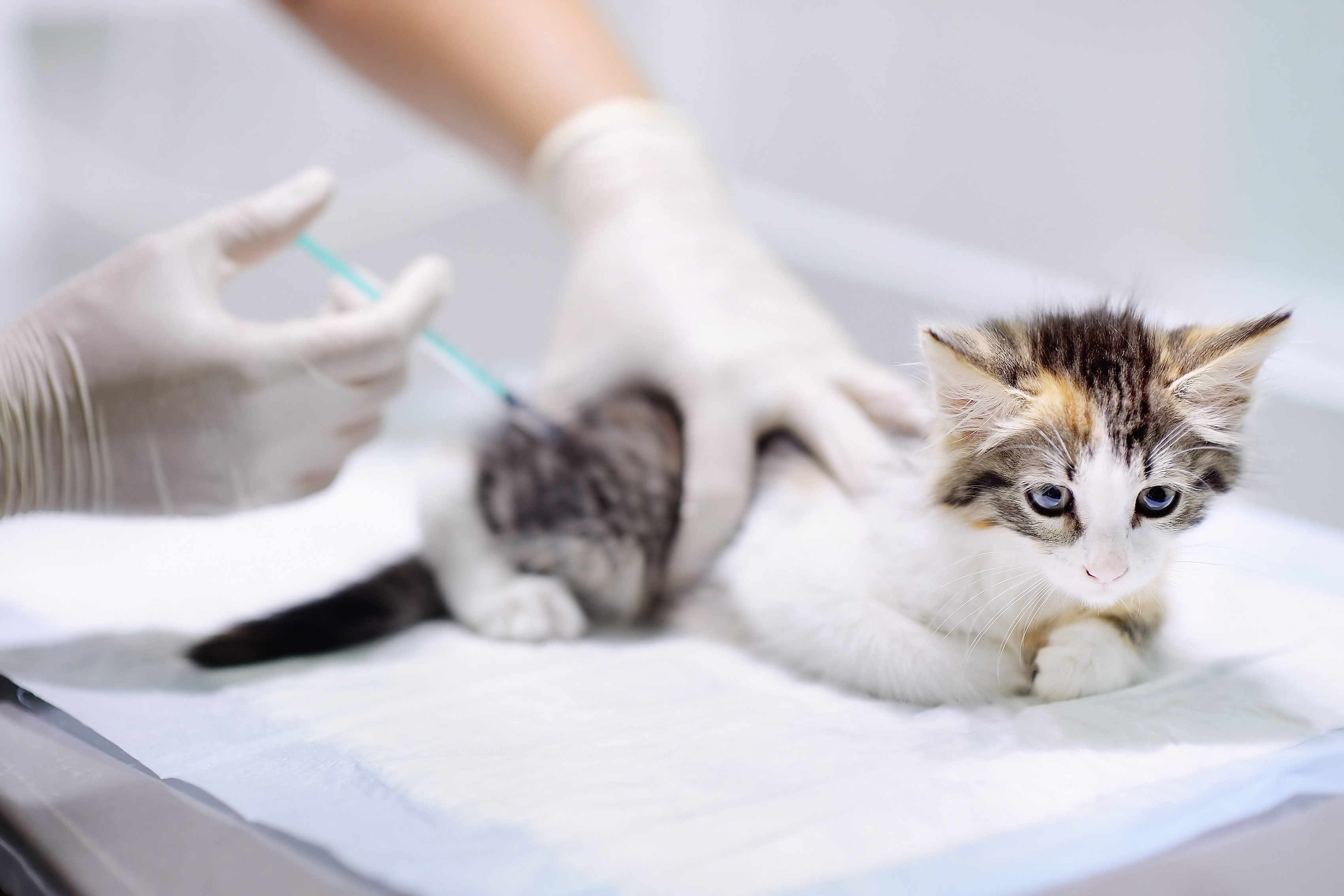
Rabies Vaccinations For Indoor Cats Friendship Hospital For Animals

Indoor Cat Vaccines What Pet Parents Need To Know Hillcrest Animal Hospital Bartlett Vets
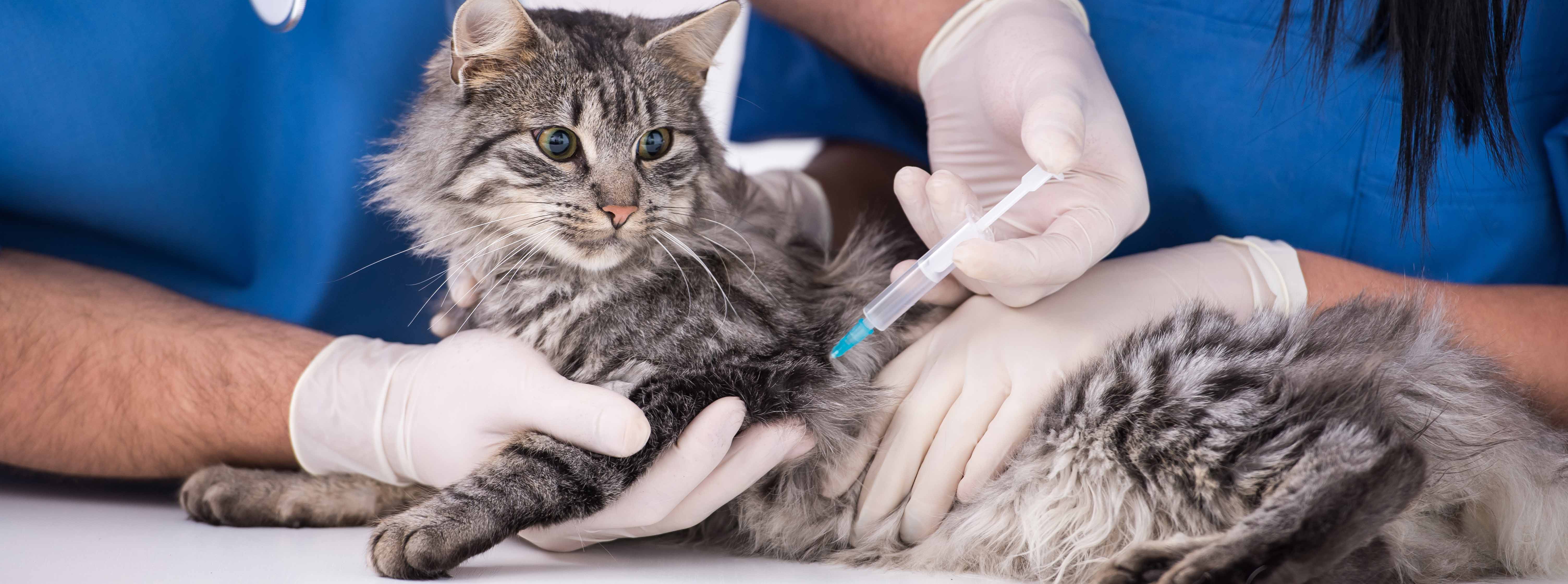
Cat Vaccinations Feline Shots Treatments Woodbury Veterinary Hospital
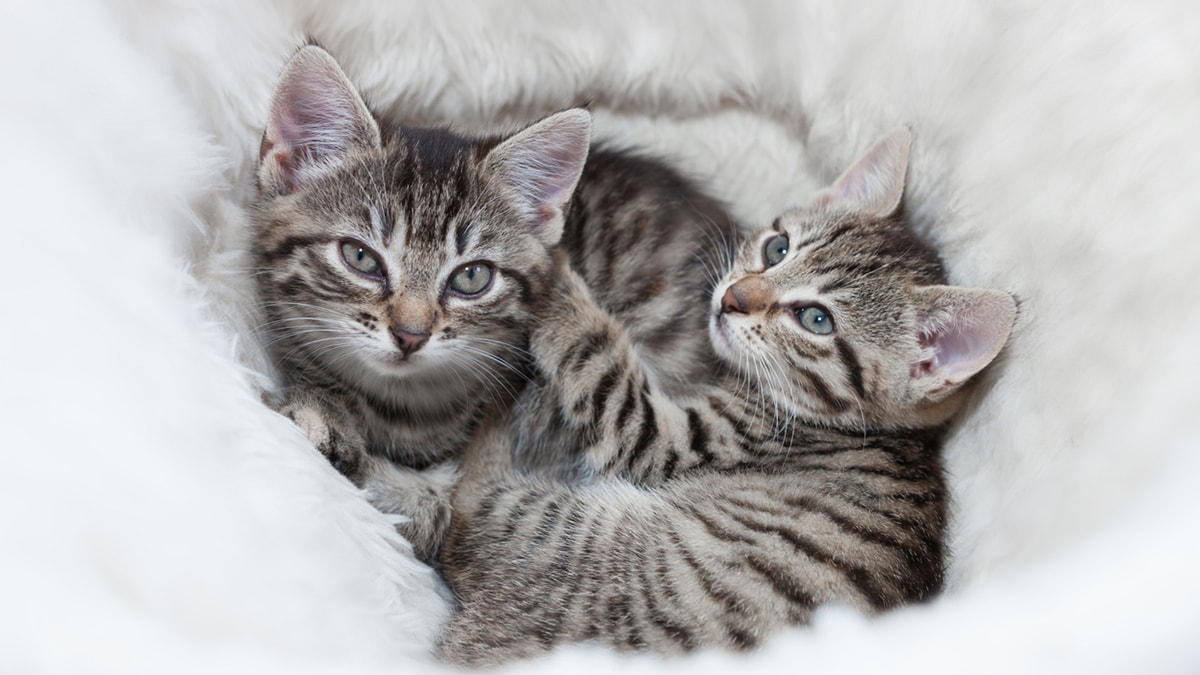
Are Vaccines For Indoor Cats Necessary Bechewy

Pin By Elizabeth T On Cat In 2022 Crazy Cat People Cat Quotes Crazy Cats

Null Cat Carrier Cat Carrier Bag Cat House

Do Indoor Cats Need Shots Every Year Clever Pet Owners

